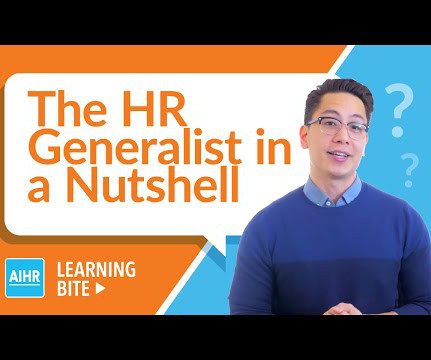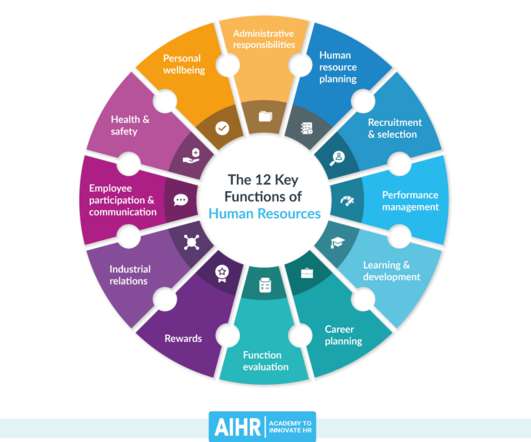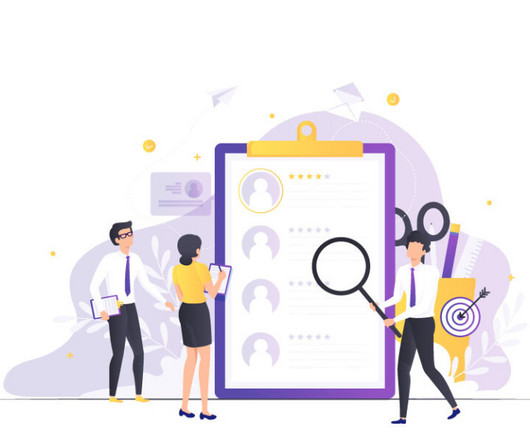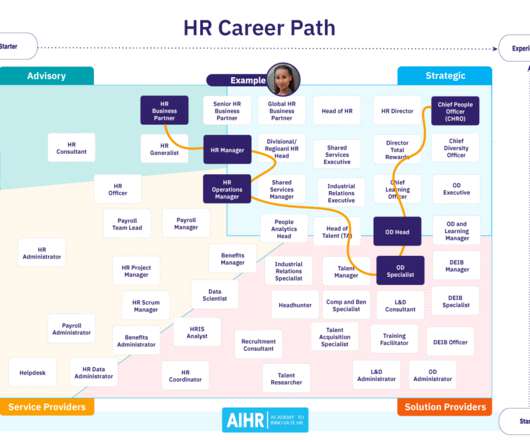Human Resources Generalist: Required Job Duties and Skills
Heyyy HR!
NOVEMBER 16, 2023
Human Resources Generalists (HRGs) are professionals who play a critical role in managing the human resources functions of an organization. They are responsible for the entire employee life cycle, such as recruitment and selection, performance management, training and development, and legal and compliance.





























Let's personalize your content